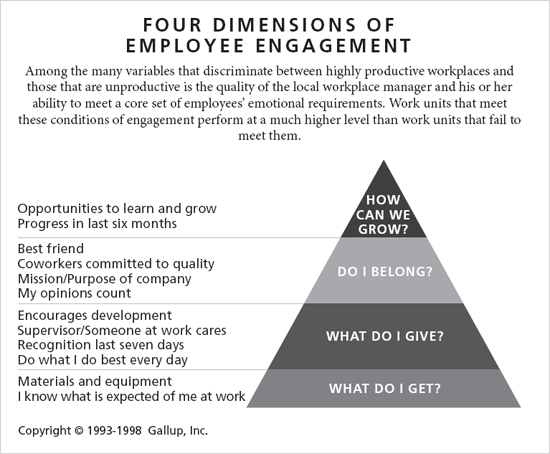Less public events of violence finds its way throughout the electoral process. The killing of three policemen by crowds in Kenya on the eve of the 27 December elections did not draw as great an attention as the Pakistan assassination, but points to an equally grim picture of the tyranny of violence being imposed on society. Jeff Fischer wrote in 2004 that conflict during campaigns, voting and results compilation seems to be the most common points where electoral violence is most likely to occur. These stages, along with a history of electoral violence in the country and a lack of faith in the electoral process, are key aspects that impact on the upsurge of violence as an alternative to the ballot.
What role does an election management body (EMB) play in all of this? For one, an EMB's influence ahead of an election increases dramatically as the clock ticks down towards election day. In many countries, the EMB is able to command or engage with the the security forces of a country towards peace-keeping arrangements supporting the election. It can therefore play an effective role in creating a suitable environment for an election to take place. The identification of potential flash-points is a key part of elections security planning.
Furthermore, the actual legitimacy of the EMB itself comes into question as the referee of the political competition. The public face of the institution and the appointment of its leadership, along with the actions of the EMB all feature large in the public's mind. Where it is perceived that the EMB is toothless or ineffective, the opportunities for people to act with impunity by using violence increases in this "authority-free" environment. Strong action by the Electoral Commission of Kenya against several politicians, who were found guilty and fined for inciting political violence, has most likely impacted significantly in reducing electoral conflict in the recent election of 27 December. Such action sends a strong message to those sectors of our society who believe that violence is acceptable and can be legitimately used during elections. How this will impact once the Kenyan election results are announced will have to be seen.
Oby Nwakwo recently wrote that (in Nigeria) the major causes of electoral violence stem from:
"...primarily a lack of discipline in the form, spirit and implementation of the electoral process; elections rigging, manipulation of voters’ register, the “winner takes all” syndrome, illiteracy, poverty, and ethnicization and monetization of politics. The major factors that bring about election-related violence include negative perception regarding politics and public service, irresponsible conduct by election officials, and failure to enforce law and order, breach of electoral rules, lack of ideology on the part of parties and candidates, which lead to factionalization."Much of what he points to lies under the control of the EMB. While certain aspects are particular to Nigeria, the control of an election lies significantly in the strength of the election body and its leadership to actively build a clear culture of the ballot as an effective alternative to the tyranny of violence. This most certainly cannot be denied. Whether the EMB in Pakistan could have prevented the senseless slaying of Benazir Bhutto is debatable. What is pleaded for here is a strengthening of election bodies to be able to play a commanding and assertive role during the election period, especially in our most fragile democracies. Eligible citizens need to be able to express their right to vote for their representatives. The senseless slaying of politicians, voters and others involved in supporting electoral democracies should be condemned in the strongest possible terms. The tyranny of electoral violence must be addressed!
